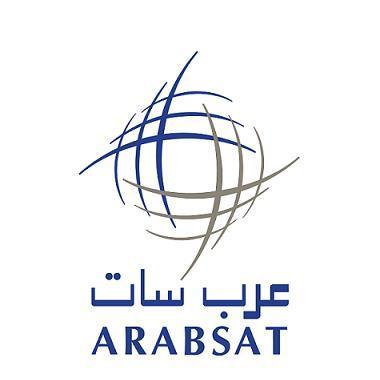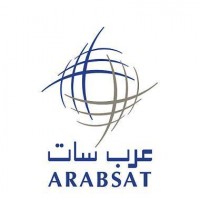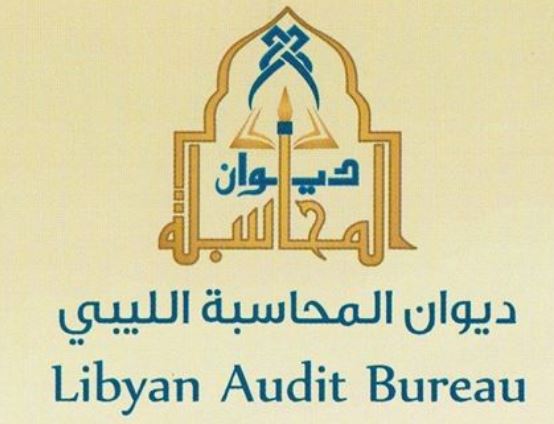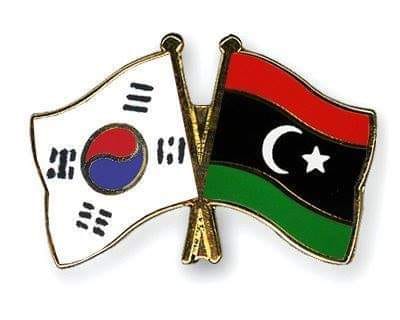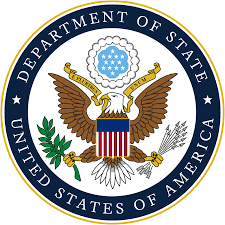By Nihal Zaroug.
Tripoli, 18 April 2013:
The 36th Arab Satellite . . .[restrict]Communications Organization’s (Arabsat) Board of Directors and General Assembly Meetings were held in Doha on 7 April through to 10 April. Libya, represented by the Minister of Communications and Information, Osama Siala, was keen to partake after the country’s absence from last year’s Beirut meetings.
In addition to Qatar and Libya, seven other countries participated in this year’s session, including Saudi Arabia, Kuwait, United Arab Emirates, Sudan, Oman, Lebanon and Egypt.
Siala was reported in the Qatari press saying that in future Libya’s telecommunications policies would reflect closer cooperation with other Arab states and be far more international. Arabsat would have Libya’s support, he said, as the institution was a vehicle to promote and share telecom developments.
Founded in 1976, Arabsat has grown to be among the leading satellite operators in the Middle East and North Africa (MENA) catering principally to Arab consumers – some 164 million customers. According to Arabsat, it is currently the only operator offering a wide range of services including telecommunications, broadband, over 400 TV channels, 160 radio stations, 3 pay-per-view networks and HD TV.
Qatar’s Supreme Council of Information and Communication Technology (ictQATAR), says Arabsat has had a busy four months, beginning with preparations to deploy its 6th generation of satellites, making it the youngest in the skies. Arabsat has also negotiated to exclusively broadcast “My-High HD Media”, and completed a $270-million majority stake acquisition of Greece’s Hellas-Sat consortium.
Appearing on Libya Al-Ahrar TV channel on Sunday evening, 14 April, Siala spoke of the recent developments undertaken by his ministry to improve Libya’s telecom networks. He admitted that mobile and internet coverage were particularly weak. However, changes in mobile broadband technology, specifically upgrades adopting High Speed Packet Access (HSPA) protocols, would allow for higher speeds on networks. Adding plans to develop WiMax into its second phase and expanding ADSL to more areas, were progressing, he said.
The Minister claimed pressure was being applied on Libya’s main mobile service providers, Almadar and Libyana, to offer greater internet speed through system upgrades. In conjunction with the General National Congress, the ministry was exploring options to grant provisional fourth generation (4G) mobile communication licences to both providers. However, no new GSM licenses would be awarded until new telecom laws and regulations were drafted, he said.
Regarding the recent awarding of Libyana’s network upgrade, Siala explained that “we are looking to use the best technology, whether these are Chinese or European companies”. Libyana’s multi-tier contract stipulates that a Chinese company would install improvements in the eastern region, while a European company would handle the western region’s work-over.
This detail was announced at the contract signing ceremony, and has since upset residents in Cyrenaica, who feel that Tripoltania is getting better quality equipment and services. To this, Siala said network improvements were not based on region, and that no difference existed between eastern and western Libya. He added certain companies would be chosen to work in a specific region for their expertise and past experience.
Currently, Libyana’s mobile network is entirely operated with Chinese technology. However, some changes will require new gear that may be brought in from other parts of the world. Revamping the Libyana network would not entail replacing all components, concluded Siala. [/restrict]


